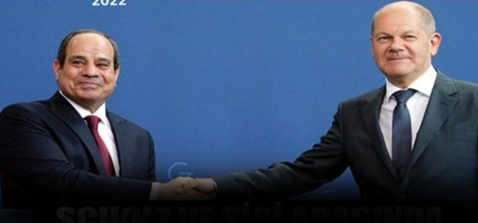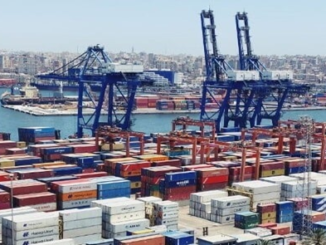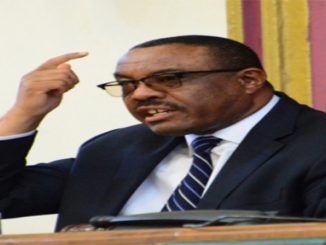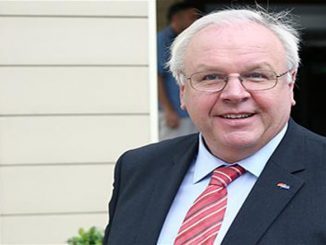
Egypt’s Abdel Fattah al-Sisi traveled to Germany, but human rights again took a backseat to geopolitical concerns. Meanwhile, the national dialogue’s board of trustees held its second planning meeting, but NGOs are questioning authorities’ seriousness about reform
Egypt’s Abdel Fattah al-Sisi held talks with German leaders, during which human rights were again buried beneath a litany of geopolitical issues. Sisi’s meeting with the German Chancellor came shortly after he had met with President Joe Biden in Jeddah, Saudi Arabia.
During a joint press conference, however, Chancellor Olaf Scholz did urge al-Sisi to “ambitiously pursue” the national dialogue and to “take decisive steps towards increased participation and the rule of law.”
Al-Sisi, in turn, defended Egypt’s rights record and invited German journalists to visit Egypt and see the state’s supposed improvements for themselves.
Al-Sisi also met with German President Frank-Walter Steinmeier.
Activists gathered outside of the Steinmeier’s residence with pictures of Egyptian prisoners of conscience and demanded their release.
In addition to discussing Gaza, Libya, and other regional and bilateral issues, al-Sisi used the occasion to request Europe’s support in obtaining a new International Monetary Fund loan.
But he did not come empty-handed, promising to help pipe gas to Europe in return given the prospect of a cutoff from Russia.
The ostensible reason behind al-Sisi’s Berlin trip was the Petersberg Climate Dialogue in preparation for the upcoming UN Climate Change Conference (COP 27) in Egypt. Egypt has come under increasing pressure over its rights record in the lead-up to the COP.
National dialogue
Meanwhile, the national dialogue’s board of trustees held its second planning meeting yesterday as it continues to inch its way toward the long-promised affair.
At the conclusion of the five-hour meeting, the board announced that the dialogue will be organized around three axes—political, social, and economic—with designated subcommittees for each.
Board members have previously disagreed on whether the dialogue should include all three or instead focus on the political axis.
According to the dialogue’s coordinator, Journalists Syndicate and State Information Service head Diaa Rashwan, yesterday’s meeting was dedicated to said political axis, and three topics in particular: political rights, legislative representation and political parties, and human rights and public freedoms. Rashwan added that the board will meet again before the end of July.
The same day, the Cairo Institute for Human Rights Studies (CIHRS) published a position paper on the dialogue. “Considering the lack of fair representation guarantees for the opposition in the dialogue, the authorities’ unresponsiveness to the opposition’s demands, and the insincerity of similar previous initiatives announced by the government, CIHRS believes that the National Dialogue neither aims to genuinely start a process of reform nor address the human rights crisis,” the group wrote.
“Nevertheless, the opposition has a political responsibility to turn this initiative into a real national dialogue with the whole of society, and formulate realistic strategies and concrete policies that would address the crises currently faced by Egypt and may pave the way for reform,” said CIHRS.



